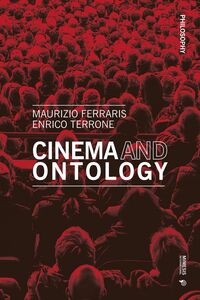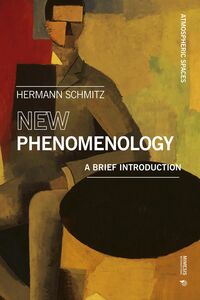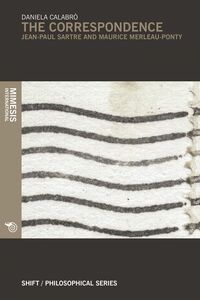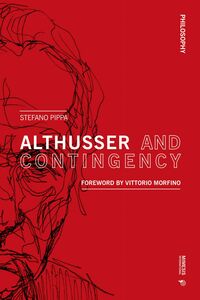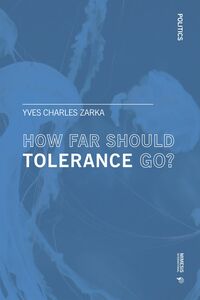
What are the limits of tolerance in constitutional or liberal democracies today? This is a crucial question, for if there were no limits to tolerance, it would ultimately destroy itself by accepting the intolerable. The concept of tolerance has to be assessed from a political point of view, thus questioning to what extent its potential achievement does not suppose any moral mutation in humanity. For instance, if people were all already ‘virtuous’ according to a commonly held moral framework, there would be simply no need to speak of tolerance. Conversely, if it were the case that people could be made ‘virtuous’, then tolerance would be the matter of an improbable utopia. Ultimately, we need to consider how tolerance can be conceptualised in a way that is relevant to people and their societies as they actually are. In a time when a growing amount of political demands touches on themes of cultural identity and rights, and while we witness a mounting wave of religious fundamentalism, what should democracies accept and what should they refuse?
Détails du livre
-
Éditeur
-
Langue
Anglais -
Date de publication
-
Collection
À propos de l'auteur
Yves Charles Zarka
Yves Charles Zarka is Professor at the Sorbonne, Paris Descartes University, and Global Professor at Beijing University. He also teaches in Venice, Roma, Porto Alegre, and at many other universities in the world. He is the editor of Cités, a journal of political philosophy. In English, he is the author of Hobbes and Modern Political Thought (2016).



